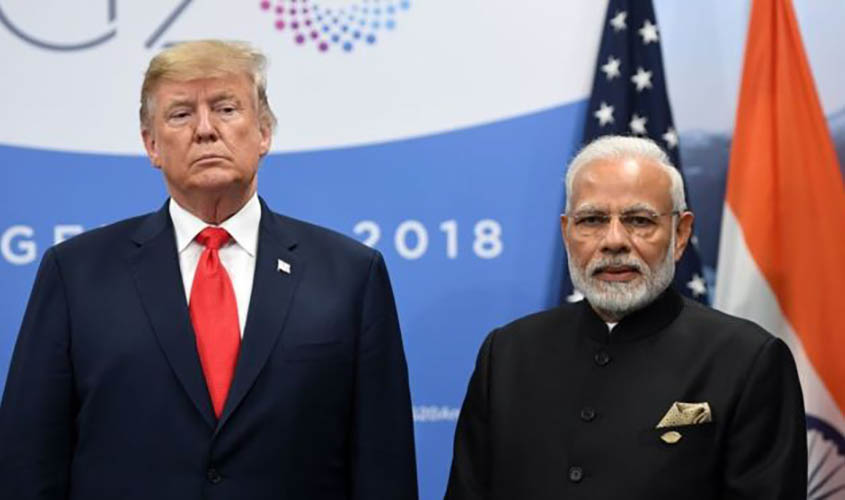The Opposition in India is anticipating that discontent caused by loss of jobs and income will lead to an eruption of protests on the streets.
From the time international flights from infected locations landed in cities across the world and spread a disease that ought by the authorities to have been contained in Hubei, conversations about Covid-19 have been tinged with the panic that comes out of terror. The WHO acted far too late in warning against transmission through passenger jets, but sought to make up later (when the disease had already taken root globally) by describing the novel coronavirus in horror movie terms. Television screens filled with images of patients nearing their end, many gasping for breath and surrounded by ghostlike figures in PPEs and not by family. Death rates in those who were hospitalised soared, in no small part because treatment protocols for the new scourge had yet to take shape. Out of more than seven billion inhabitants of the planet, around a million are estimated to have died because of the manner in which Covid-19 was permitted to become a frequent traveller rather than contained in the location where it originated. The inability of the People’s Republic of China (PRC) to prevent the global spread of the pandemic has resulted in a fall in its goodwill that has wiped out decades of effort by the Chinese Communist Party (CCP) to build bridges with populations in every continent. Although the PRC has made a quick rebound from the economic slump courtesy the measures taken to stamp out the infection within the country, the worldwide impact of Covid-19 on markets and on supply chains will not be anything other than a steep minus for China. In countries across the world, politicians regarded as being close to the CCP are facing blowback from publics angered at the effects of the pandemic. Which explains why Donald J. Trump is seeking to portray Joe Biden as a “panda hugger”, an individual friendly to the ruling establishment in China, and why news about Trump having a bank account in China is getting disseminated at speed by the Democratic Party. Of course, another factor working against the 45th President of the US is the fact that almost a year of Covid-19 has affected nerves and tempers. Joe Biden is obviously much more boring as a conversationalist or as a travelling companion than Donald J. Trump, but in these times, many voters would prefer a duller existence to the high-voltage uncertainty that the pandemic has made of ordinary lives. This is the difference that Covid-19 may make when compared with 2016, when the flashier, less predictable candidate won.
In India as well, the pandemic has brought with it an overflow of anxiety about the future. Tens of millions have lost their jobs, while others have seen their incomes reduced and savings get depleted. Fear of catching the disease is a nightmare not only because of the horrifying images of patients battling for life in the ICU, but because of the financial
The consequences of Covid-19 on society and the economy will play out in the US elections on 3 November. In India, the next Lok Sabha poll is in 2024, still a considerable way ahead. What the Opposition is anticipating is that the discontent caused by the loss of jobs and income by the pandemic will lead to an eruption of protests on the streets of towns and cities. Prime Minister Narendra Modi has been seeking to allay the difficulties of those in rural areas, but thus far, a similar activism has not been witnessed in the urban areas. Millions of lives may have been saved by the lockdown, as supporters of the measures taken by PM Modi such as Bill Gates claim. However, many more millions have seen their income and consumption levels crash during the year, and most of them are below middle age. Modi’s rivals calculate that anger is rising as patience is falling, and that in months the time will be opportune for a mobilisation on the streets on the lines being seen in some other countries. The Bihar elections will show if Opposition expectations of a dramatic shift in the degree of public backing the Union Government has are beginning to come true.

